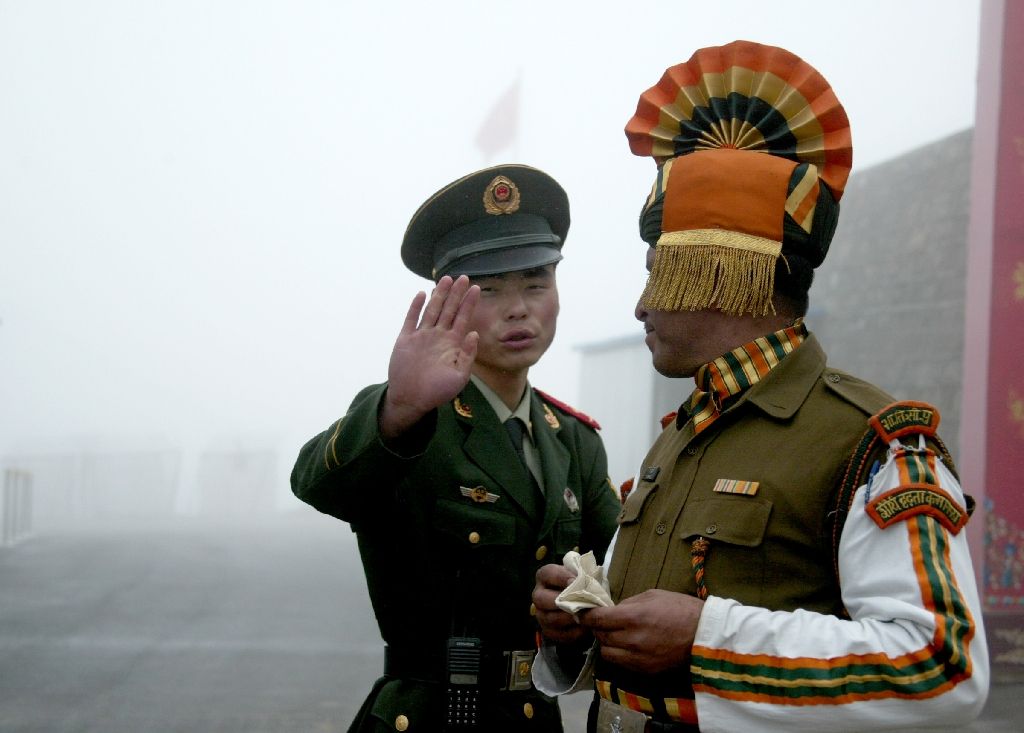Armed police arrest 1,200 for pyramid scheme in Guangxi – China’s latest political and current affairs news
A summary of the top news in Chinese politics and current affairs for August 30, 2017. Part of the daily The China Project newsletter, a convenient package of China’s business, political, and cultural news delivered to your inbox for free. Subscribe here.

The government’s crackdown on pyramid schemes is not letting up: on August 30, armed police arrested more than 1,200 people for having links to a 360 million yuan ($54.6 million) scam in Beihai, a bustling coastal city in southern Guangxi Province, SCMP reports.
On August 15, the government had sent notices from four ministries to crack down on what state media characterized as “die-hard scams,” leading shares in so-called multi-level marketing companies Herbalife and Nu Skin to tumble. The government had likely been alarmed by the Shanxinhui protests in the heart of Beijing in late July — though state media merely points out that the crackdown since August 15 “follow[ed] the death of university graduate Li Wenxing, 23, who got involved in a pyramid scheme through an online recruitment site, and was found drowned in mid-July in north China’s port city of Tianjin, sparking nationwide rage.”
What happened in Beihai?
- SCMP says that in a midnight raid, 2,100 armed police and local government officials searched 300 properties in 27 residential estates.
- Those arrested ranged greatly in age — from some in their 20s to others in their 80s — and largely came to Beihai from northern and eastern provinces, including Heilongjiang, Shandong, Shanxi, Inner Mongolia, Hubei, Jiangsu, and Zhejiang.
- This isn’t the first time Guangxi has appeared as a center for pyramid schemes. SCMP notes state media reports that Beihai itself has seen 58,000 arrests for pyramid schemes in the past three years, and Xinhua reported on August 22 that 368 people were arrested in a separate case in Nanning, the capital of Guangxi Province, which is quite near to Beihai. That scheme reportedly involved 1.5 billion yuan ($228 million).
-
South Korea
Trump’s expected pick for ambassador to South Korea signals more pressure on China / Quartz
South Korea names new ambassador to China amid rift over THAAD missile deployment / SCMP -
Aftermath of resolution with India (?)
China says it hopes India learns lesson from border standoff / Bloomberg
Ahead of Indian leader’s visit, China sees huge potential for cooperation / Reuters
As China-India feud ebbs, tiny Bhutan reexamines its place in the world / Washington Post -
U.S.-China relations
Trump needs a new China approach, ex-North Korea negotiators say / Bloomberg -
Educational standards
Chinese universities tighten ideological control of teaching staff / SCMP
Chinese government advisor says more Mandarin needed to fight poverty / Reuters -
Europe
Chastised by E.U., a resentful Greece embraces China’s cash and interests / NYT (paywall)






